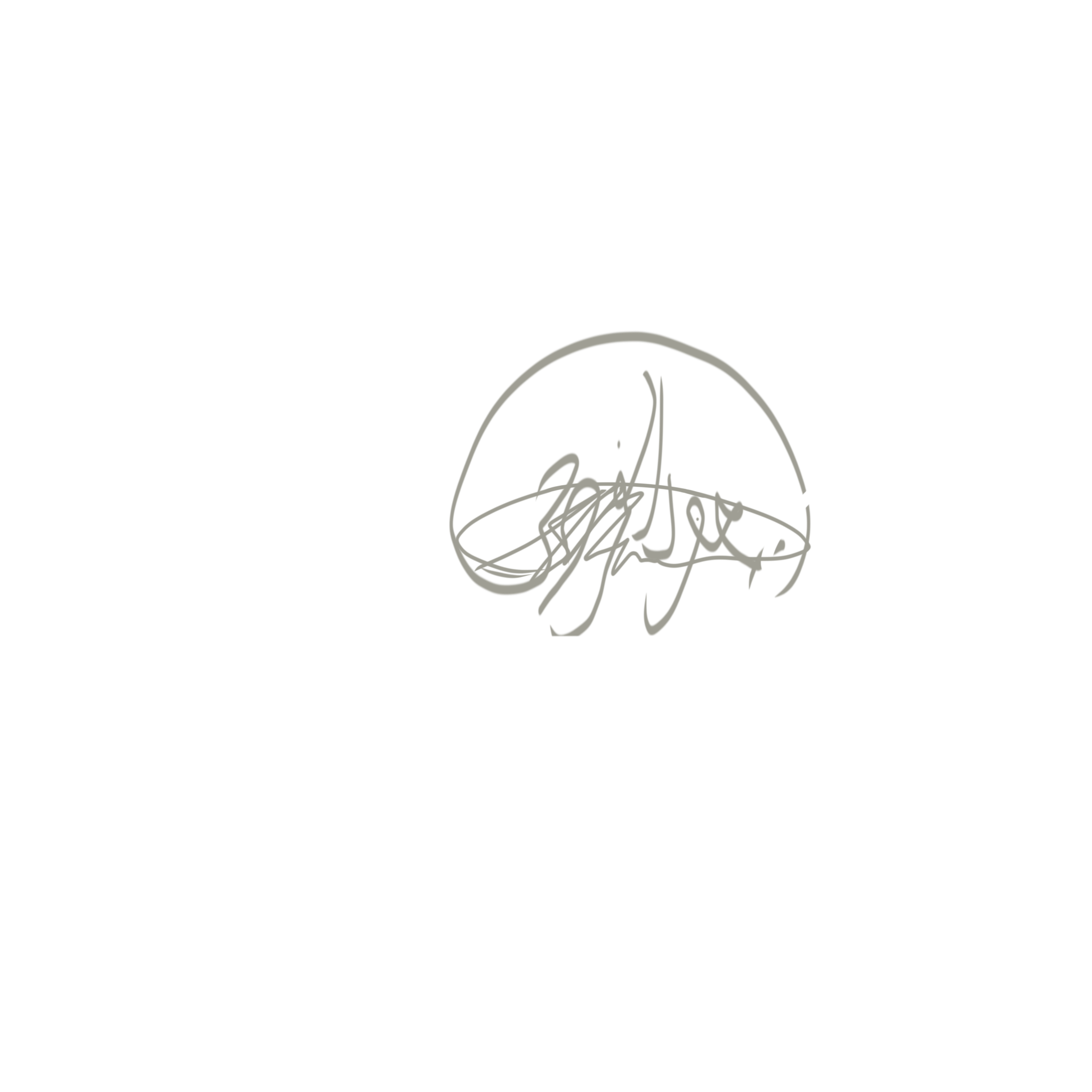Since defending my thesis, many people have told me that it’s a good time to “get some experience”, or that now it is “time to enter the real world” — this post is for you, and for those thinking of starting a STEM PhD.
In the past few years, I’ve primarily interacted with academics, who, admittedly, are not the most representative sample of the general population. Still, working in that environment is more than just reading books and attending classes, which seems to be the underlying assumption, maybe? But graduate school is not an extension of an undergraduate degree!
I’ll try draw some parallels here between grad school and a start-up environment to better illustrate my point: STEM PhD’s do have experience, aside from technical skills and expert knowledge of their niche field, that is highly transferable to the workforce.
The PhD environment is like a start-up #
As someone who has been in a start up, and has developed many projects from scratch, I can tell you that doing a PhD has been quite similar to my start-up experience.
Small teams, bigger teams #
During your PhD you have a small team (your research group) led by your PI. In this team, everyone is assigned a project and there is usually, but not always, some overlap with other people’s projects in the group.
Aside from your local team, there are also national and international collaborators that you may have weekly meetings with. You present, hear them out, and go back to doing work.
Goal-setting, discipline #
Both the academic and start-up camps have to set goals, and work really hard to achieve them. It takes a lot of discipline to do so, especially when others may hint at the project failing. It’s an uphill battle in both cases.
Jack of all trades, master of none? #
PhD candidates need to have diverse skill sets, because there is either lack of $$$ or lack of nearby expertise on what you need to do. Similarly, in a start-up everyone is doing a little bit of everything. Sure, founders have different titles but if everyone only stuck to their title’s defined scope then the company is doomed to fail early on.
Leveraging your network #
Both the grad school and start-up camps work in small teams, but need to leverage their larger networks to ask for expert advice. This can come from my senior researchers/business folk, or colleagues in other institutions or companies, like in start-up incubators. You need to know when and how to seek advice.
Deadlines #
Time crunches are a real thing, especially close to funding deadlines both in academia and industry.
It’s a cut-throat business, and if you’re late to the game (publishing papers <–> product release) you lose out significantly on your market share (citations).
Grant writing and funding #
Both in a start-up and during a PhD you at some point will have to beg for money. This takes a particular style of writing and appropriate use of technical jargon to convince the reader that it is worth funding your project, and this is true in both academia and industry. Similarly with making slides for a presentation.
Effective communication #
In both camps, effectively conveying information orally is paramount. Pitching your ideas (funding reviews/requests), or providing sales (research) updates are based on the same principles. Everyone likes a good presentation, and nobody like super-dense spreadsheets on a slide. Although, sometimes you may have to leave the spreadsheets in there for documentation purposes. Knowing how to correctly judge your audience, and set up your presentation accordingly is a skill that needs to be honed in both academia and industry.
Risk and achievement #
In either case, whether grad school or starting a company, there is an immense amount of pride and feelings of success waiting at the end, but the process of getting there is a huge risk.
Conclusion #
A PhD is not a piece of paper certifying that someone was “smart” (okay, maybe a little), but it is certifying that at some point in this person’s life they had to work really hard and develop a lot of skills. With a bit of luck, they managed to complete a multi-year project and provide some new knowledge to the world.
Similarly, a successful start-up shows that someone, at some point, worked really hard, developed many skills and, with a bit of luck, they managed to push a new product to market.
I hope you are at least starting to see the similarities in the soft skills needed in both these environments. Hopefully the next time you meet someone with an advanced research degree, you think of their time in graduate school as start-up experience rather than a fancy bachelor’s degree!
The photo was taken seven years ago, in 2017! In it, me and my younger sister (Naila) are doing some work at Dira, our sister Lubna’s business.
